Have you enjoyed the bliss and passion of a honeymoon… and then, unfortunately all too common, the disappointing experience of evaporating love? How about the invigorating high of starting a big new project, that seemingly perfect job, or the business of your dreams, and then the eventual decline into routine busyness and boredom? Have you wondered what causes this “honeymoon effect”, and is it possible to enjoy the honeymoon state of mind for the long term? And in the context of Valentine’s Day, can those deep stirrings of love for that truly special person in your life be genuinely experienced throughout the year, again and again?
The answer is Yes, according to Bruce H. Lipton, Ph.D., a cell biologist and bestselling author. In fact, he’s written an entire book about it. In “The Honeymoon Effect: The Science of Creating Heaven on Earth,” he provides several interesting insights into that initial honeymoon bliss, why it goes away, and what you can do to get it back. His advice is based on scientific insights, combined with personal experience.
Bruce Lipton isn’t the only scientist interested in the honeymoon effect. Others are studying it too. A recent research study published in the journal Prevention Science by Dr Michael Lorber and colleagues from New York University confirmed the honeymoon effect in a subset of married men and women, within 2.5 years of their marriage. The authors also reported that those who exhibited higher levels of depression or aggression were more likely to suffer the downside of the honeymoon effect (we’ll revisit this later in the article).
The above study from NYU, Bruce Lipton’s book, and other such research indicates that the honeymoon effect involves not just compatibility issues that surface over time, but also mental and emotional health aspects that need to be better addressed. Practically all marriages start with love and happiness, but about 50% of marriages in the U.S. end in divorce, with tremendous distress for all involved. Further, a large percentage of marriages barely survive, let alone thrive. Finding approaches to improve and support the quality and longevity of such relationships is important not just for honeymooning lovebirds, but for society as a whole.
OK, you say. The honeymoon effect may be common and real, and the divorce rate is scary, but what’s involved in prolonging that initial high state of love? And how does all this relate to hydration?
Running a long-distance honeymoon requires mental and emotional fitness
To get to those answers, here’s the essence of Bruce Lipton’s book. It explains that our conscious and subconscious minds work (often with conflicting goals) to create either discord or harmony over time, and that we can intentionally train those mental functions for sustaining long-term loving relationships. The honeymoon state is fueled by a combination of conscious, subconscious, and neuro-chemical processes, and apparently it is possible to intentionally prolong the bliss by uncovering and reprogramming our deeply held (often subconscious) beliefs, assumptions, and habitual conditioned responses… for more details, check out the book.
Of course, doing any of this inner work, and developing new mental habits takes effort and practice. If we want to successfully run a marathon, we all know that we’ve got to prepare and train the body. Enjoying a honeymoon state of mind for the long term seems to be somewhat analogous: we’ve got to train our conscious and subconscious minds. To be truly successful at experiencing deep fulfillment in long term relationships or projects, we need to improve our mental and emotional fitness to navigate the inevitable hurdles that will arise… and it is important to understand many of these hurdles are a result of our own inner programming.
Don’t underestimate the challenge involved in this inner work. We need every bit of help that we can get, and this is why both partners need to be engaged and mutually supportive. And we certainly need to nourish our minds and bodies for optimal functioning. This is where hydration can truly help.
Hydration is Essential for Peak Physical, Mental, and Emotional Performance
As you probably know already, optimal hydration (and of course wholesome food, along with sufficient exercise and sleep) is absolutely essential for maintaining a high level of physical fitness, including sexual health and enjoyment. There are literally hundreds of research studies, particularly in the field of sports medicine, that have investigated links between hydration and physical performance.
Interestingly, there is a growing body of research investigating hydration and cognitive performance, as well as the links between hydration and subjective emotional moods. The results are exciting since they tend to confirm what many feel intuitively about the mental and mood benefits of hydration.
Research Findings on Hydration, Cognitive Performance, and Emotional Moods
Previously, it was believed that moderate dehydration levels of 2–5% cause reductions in cognitive performance. However, recent research studies indicate that cognitive performance is impaired even with mild dehydration of 1–2%. Consider the fact that dehydration of more than 5% body water loss can result in delirium, coma, and even death. So it is not surprising that even mild dehydration affects us significantly — not just in physical performance, but also in regular mental and emotional functioning, including everyday moods (see below).
For example, a recent study investigated the relationship of habitual water intake with moods in healthy women engaged in their regular daily activities. The researchers found significant effects of hydration on mood disturbances. Those with high water intake had significantly lower levels of tension, confusion, and depression, i.e. they experienced better emotional health.
In another (controlled) study done on men and women, researchers evaluated effects of deliberate change in water intake on the moods of habitual low water drinkers (<1.2 L/day) and high water drinkers (>= 2 L/day). The low water drinkers were asked to increase their water intake to the high level, and the high drinkers did the reverse. Increasing water intake resulted in significant beneficial mood effects within the low drinkers, and conversely, decreasing water intake had detrimental effects on the moods of high drinkers.
Taken together, the above results show that improved hydration results in significant mood improvements. So how about relationships? Remember the study cited earlier for confirmation of the honeymoon effect? In that study, the authors reported that those who exhibited higher levels of depression or aggression were more likely to suffer the downside of the honeymoon effect. This suggests that interventions to reduce mood disturbances can have longer term effects on improving relationships, not just short term effects on mental and emotional functioning.
On a personal note, I’ve frequently observed marked improvement of alertness and calmness within myself in a variety of circumstances, simply after drinking a cup of water. If you’ve ever excused yourself from a stressful work meeting, and returned a few minutes later in a better, calmer state after having a drink of water, you’ve already experienced how hydration can help in a mental and emotional context. Thus both intuitive sense and science indicate that improving hydration is a simple, yet effective element of improving daily mental and emotional functioning, as well as supporting longer term health, wellness and loving relationships.
Water Intake and Hydration Status in the United States
A recent survey of water intake reported by the CDC in the journal Preventing Chronic Disease shows that the majority of American adults drink far less than desirable amounts of water — in fact, 43% drink less than 4 cups a day, and 78% drink less than 8 cups per day, whereas the recommended intake for adults is generally above 8 cups per day (varies by body weight). Although the survey did not report on other fluid beverages, low intake of drinking water was found to correlate with low intake of fruits and vegetables (an important supplemental source of water intake). Thus the survey implies that a large percentage of U.S. adults have inadequate hydration and live with mild to moderate levels of dehydration on a regular basis, along with some consequent impairment of mental and emotional functioning.
Considering the link between hydration, cognitive performance and emotional moods, is it not reasonable that poor hydration is a factor contributing to the high rates of depression in the United States? Thus, there is a distinct possibility of improving health and wellness within the population at large, along with beneficial effects on relationships (and perhaps additional benefits such as better productivity), by focusing on hydration. Given the central role of water in supporting all biological processes, improving and optimizing hydration is probably one of the simplest and most inexpensive approaches for improving health and wellness.
Summarizing the Connection: Love, Hydration, and the Honeymoon Effect
In a nutshell, here then is the connection: Maintaining a loving relationship for the long term, beyond the honeymoon phase, requires a high cognitive awareness and understanding of our own, and also of our partner’s needs, desires, and habitual patterns. The game of love is best played with a self-aware, disciplined mind, and an open, positive heart. And scientific studies have indicated that hydration is an effective element of improving and sustaining not just physical, but also mental and emotional health — all of which are key to high quality, loving relationships.
In fact, improving hydration is one of the easiest things we can do to support our health and wellness. Best of all, improving and optimizing hydration has practically no downside, as long as the drinking water quality is good.
How to Improve and Optimize Hydration
Improving and optimizing hydration is more than simply drinking more water… please see here for important tips on healthy hydration. An important point to remember is to never take water quality for granted. Tap water can have varying levels of a large number of regulated contaminants as well as unregulated pollutants that should be avoided. It is best to ensure that your drinking (and cooking) water is purified through a good quality, NSF-certified filter (preferably reverse osmosis). Drinking water should also have healthy mineral electrolytes — this improves hydration and the taste of purified water (since purified water is deficient in mineral electrolytes). It’s easy to add healthy electrolytes to purified water by using EMDROPS* (available at Amazon.com). Try it and see how you feel!
Cited References
Taryn Hillin: The Honeymoon Effect Is Real, And Here’s Proof. Huffington Post 2014, April 22




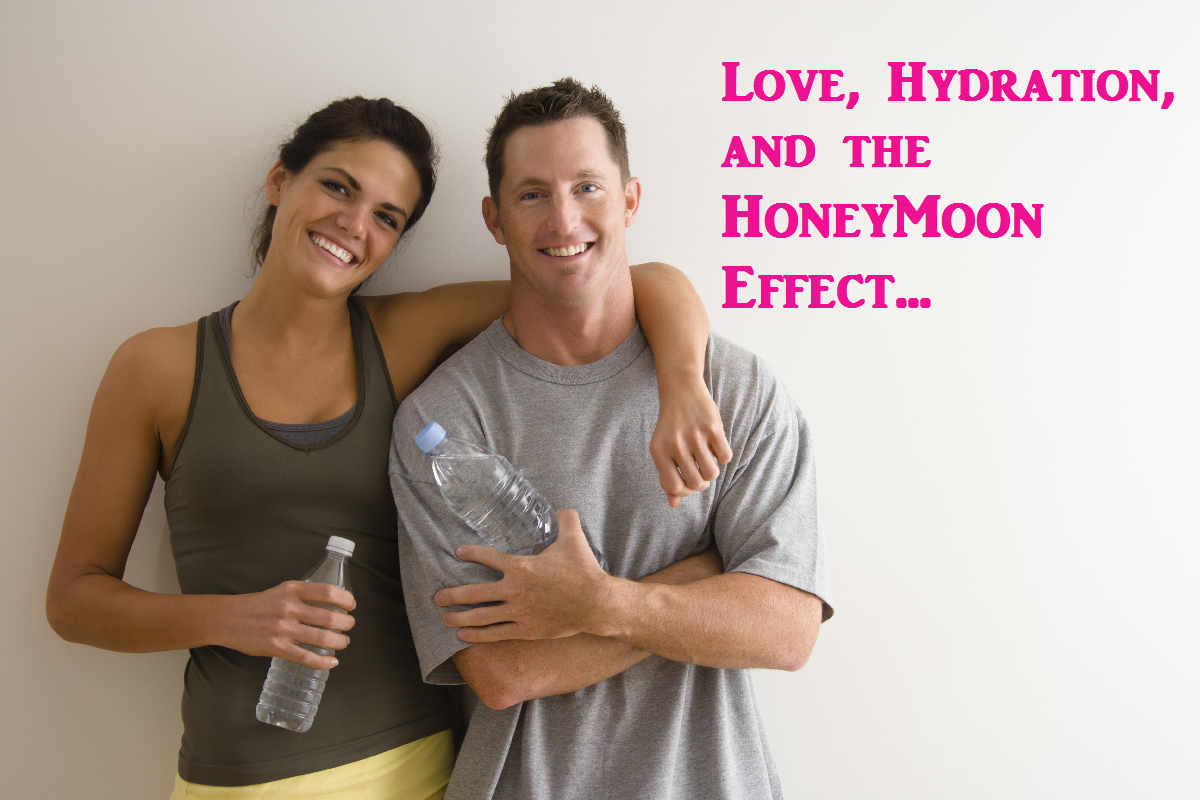
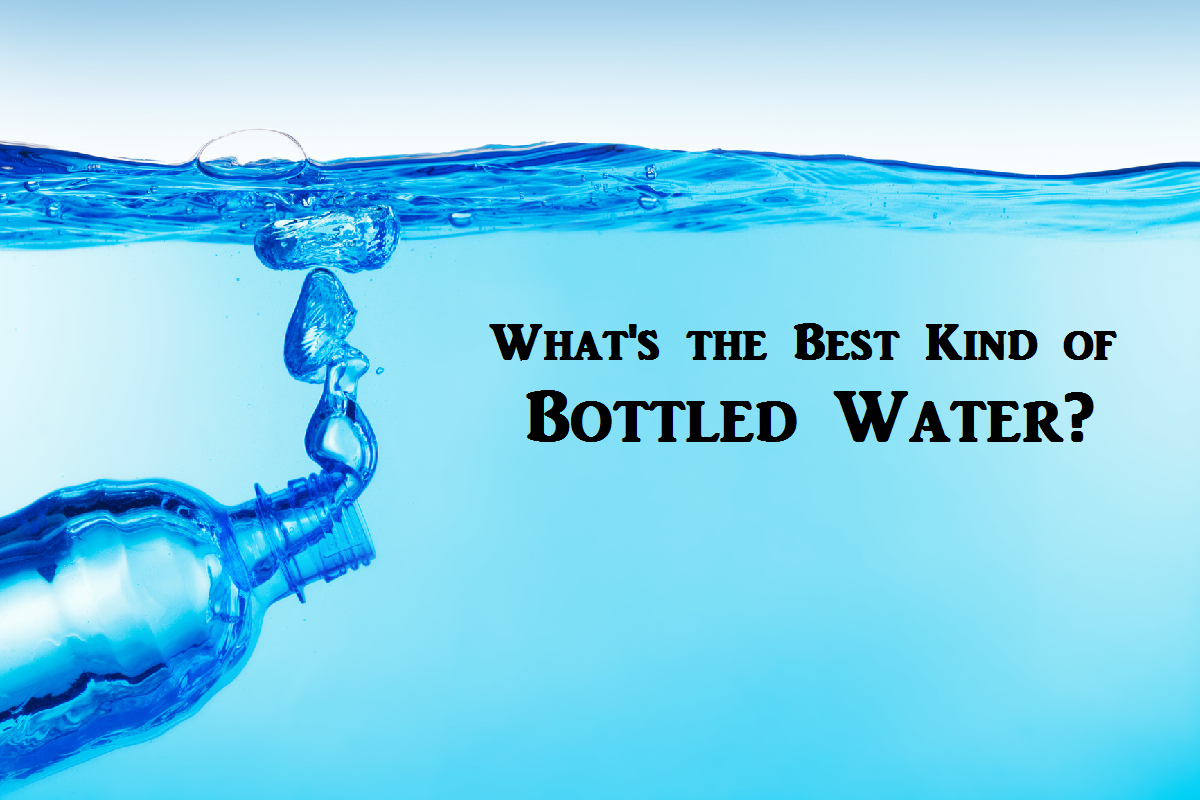

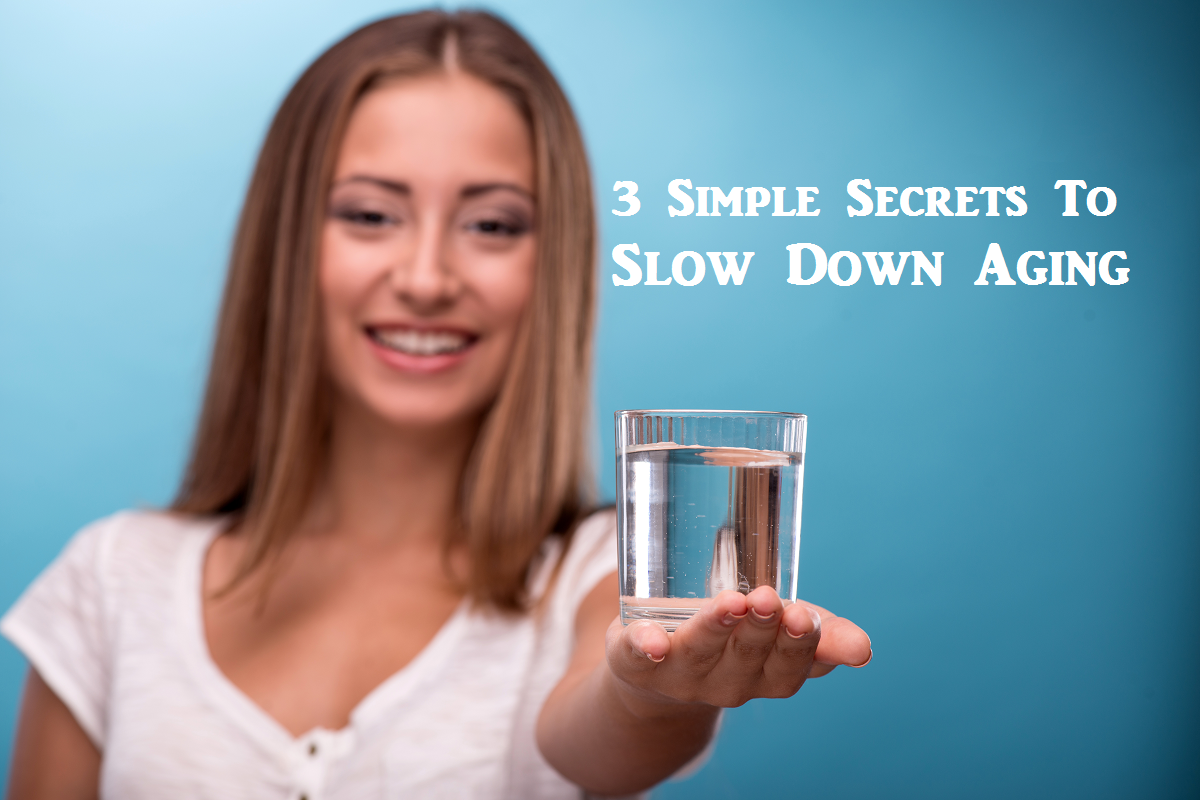
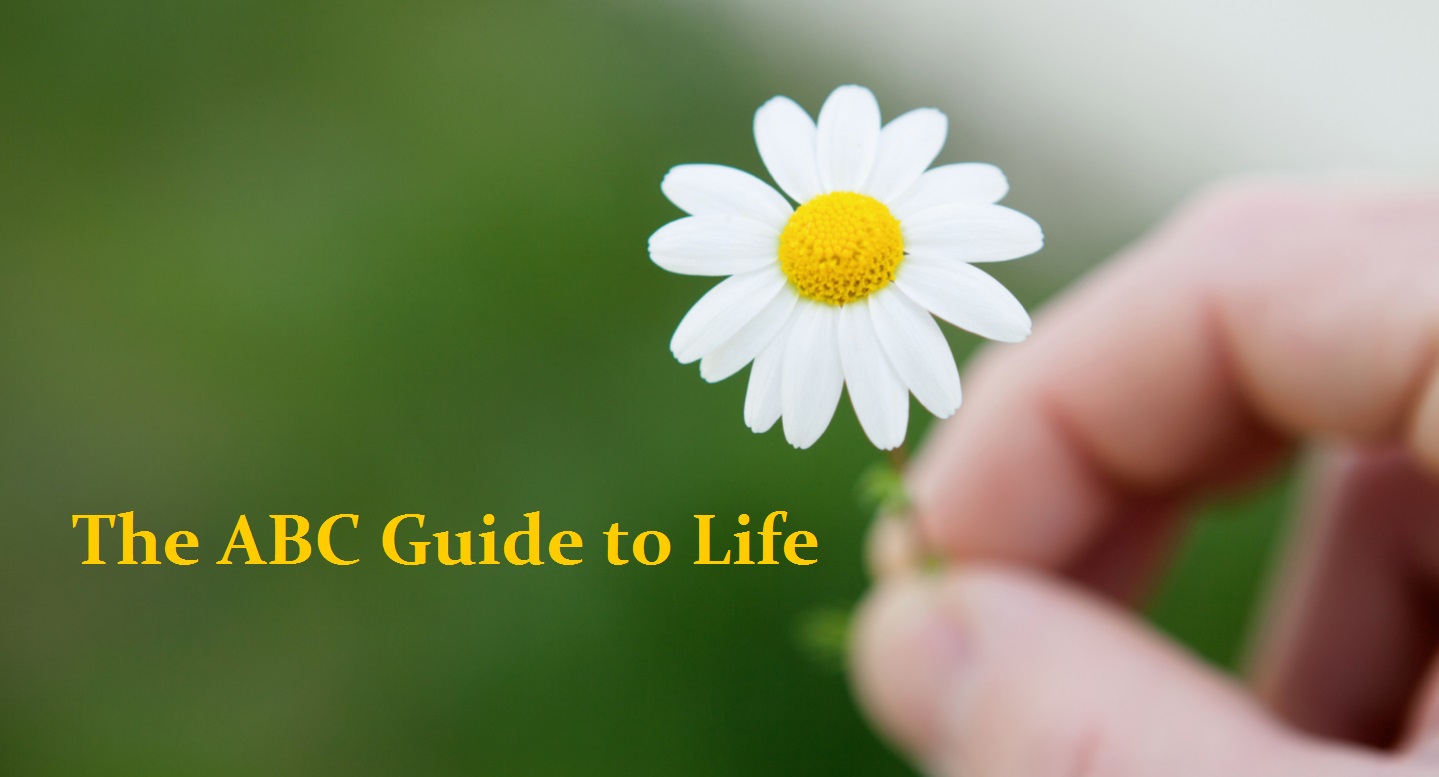
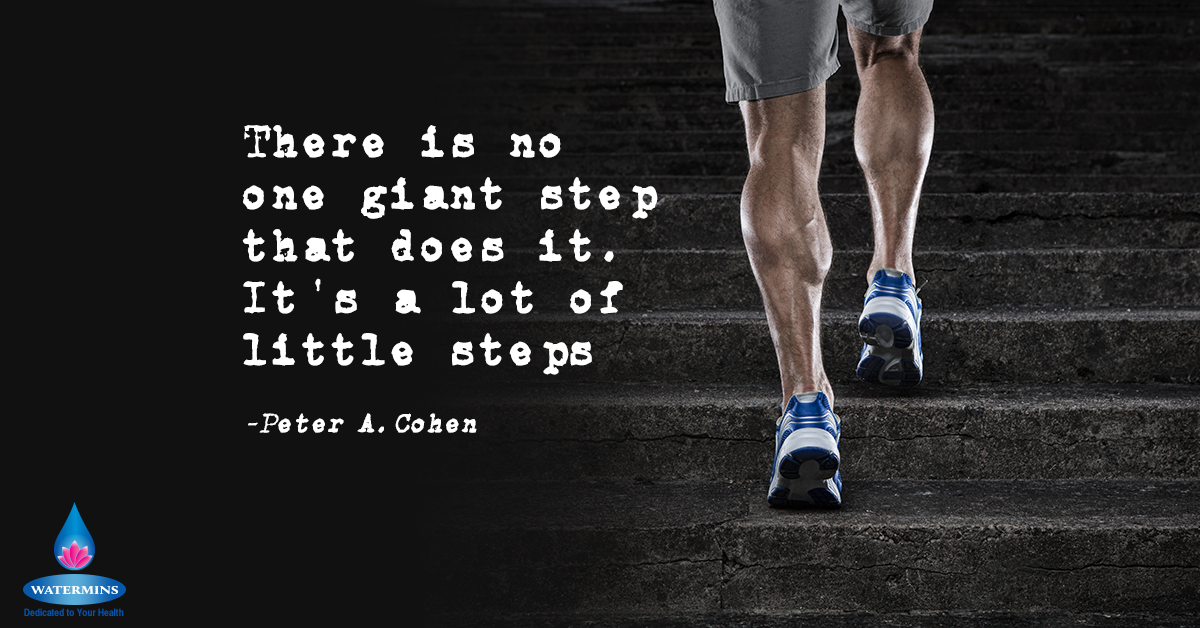
Leave A Comment